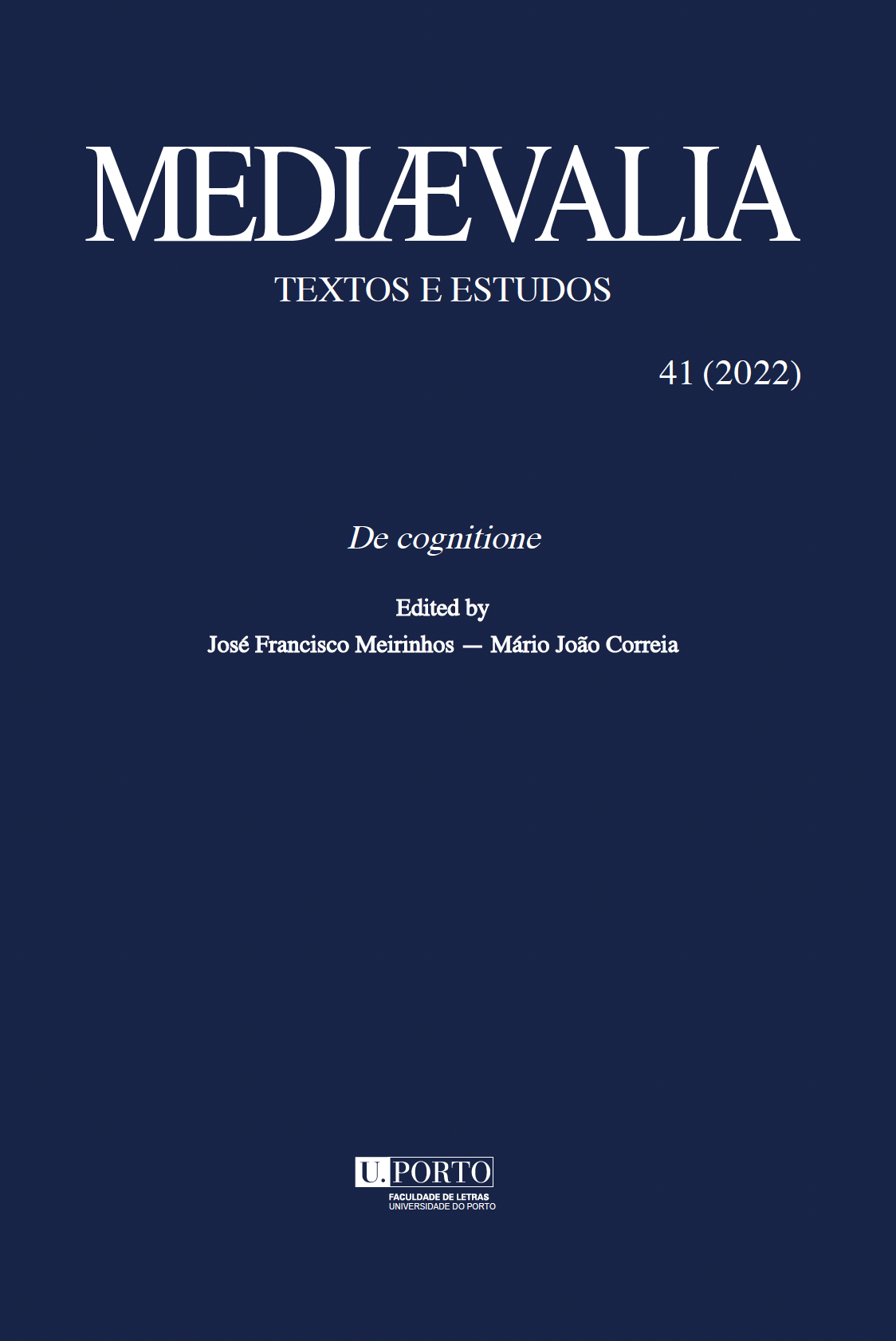The Intelective Process of Moral Knowledge in Thomas Aquinas: notes on Synderesis and Consciousness
Abstract
We find in the moral philosophy of Thomas Aquinas the description of a cognitive process in conformity with the will, with a view to the realization of moral actions. The intellective power of human beings operates in many ways in this process, and when it comes to the practical part, that is, the part that deals with action, we have, for example, the exercise of synderesis, the apprehension of the intellect, the reasoning of reason, and the judgment of conscience. The objective of this text is to present, even if synthetically, each of the modes by which human intellection can operate. However, our intention is not to characterize them individually, on the contrary, our intention is to understand the relationship they establish between themselves as they form an epistemological apparatus that aims at the same object, in this case, the formulation of moral knowledge for the ordering of human action in the world.
Keywords: synderesis; intellect; reason; conscience; natural law.
Downloads
Published
Issue
Section
License
Copyright (c) 2023 Camilia Ezídio

This work is licensed under a Creative Commons Attribution-NonCommercial-NoDerivatives 4.0 International License.







